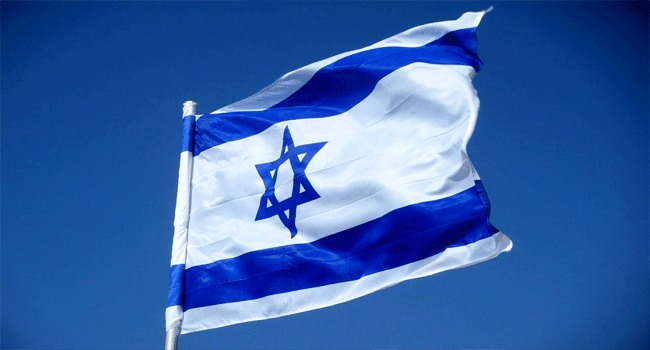Three journalists have been killed in an Israeli airstrike on a building known to house reporters in southern Lebanon, according to eyewitness accounts shared with the BBC.
The strike targeted a guesthouse in Hasbaya, eastern Lebanon, where over a dozen journalists from at least seven media outlets were staying.
Vehicles in the courtyard were reportedly marked with “press” signs.
The deceased journalists included Ghassan Najjar, a camera operator, and Mohamed Reda, an engineer, both from Al-Mayadeen TV, as well as Wissam Qassem, a camera operator from Al-Manar TV. Both networks, affiliated with pro-Iranian and Hezbollah-linked channels respectively, paid tribute to their employees.
Lebanon’s Information Minister condemned the strike as deliberate, describing it as a “war crime.”
The Israeli military has not commented on the incident but has previously denied targeting journalists. The Lebanese Ministry of Health reported three additional injuries from the blast.
Footage from Al-Jadeed TV, whose reporters were also staying at the guesthouse, showed extensive destruction with a collapsed roof, rubble-strewn floors, and an overturned broadcast vehicle with its satellite dish damaged.
This incident follows the deaths of five other reporters in previous Israeli strikes in Lebanon, including Reuters journalist Issam Abdallah.
“All official parties were told that this house was being used as a stay-house for journalists. We coordinated with them all,” an Al-Jadeed journalist, caked in concrete dust, said in a live broadcast while panting and coughing.
Lebanese journalists covering the conflict in the country’s south have relocated from Marj’youn to Hasbaya, as Marj’youn has become too dangerous.
Youmna Fawwaz, a reporter for MTV Lebanon, shared with the BBC that journalists at the media compound were awakened around 03:00 local time (01:00 BST) by an airstrike.
She described how ceilings collapsed around them, leaving them amidst rubble and dust, with the sound of fighter jets overhead.
Each media outlet had its own building within the compound, and Fawwaz reported that the building used by al-Mayadeen journalists was “obliterated” while al-Manar employees were still inside.
Fawwaz noted that this media compound was known as such to both Israeli and Hezbollah forces.
“The airstrike was carried out on purpose. Everyone knew we were there. All the cars were labelled as press and TV. There wasn’t even a warning given to us.”
She added: “They are trying to terrorise us just like they do in Gaza. Israelis are trying to prevent us from covering the story.”
Lebanon’s information minister accused Israel of intentionally targeting journalists, in contravention of international law.
“The Israeli enemy waited for the journalists’ nighttime break to betray them in their sleep,” Ziad Makary wrote in a post on X.
“This is an assassination, after monitoring and tracking, with prior planning and design, as there were 18 journalists there representing seven media institutions.”
Hasbaya, located approximately five miles (eight kilometers) from the Israeli border, is home to both Muslim and Christian communities. Although it has faced peripheral attacks in recent weeks, this was the first direct strike on the town itself.
The strike is part of an escalating conflict in Lebanon, where Israel has intensified airstrikes over recent weeks and initiated a ground offensive in border areas in the south.
Lebanese authorities report more than 1,700 airstrikes across the country over the past three weeks.
Hostilities between Israel and Hezbollah erupted on October 8 last year, one day after Hamas’s attack on Israel, which resulted in around 1,200 deaths. The Iran-backed Hezbollah has since launched rockets and drones into Israel, framing the actions as an act of “solidarity” with Palestinians in Gaza.
According to Lebanon’s health ministry, nearly 2,600 people in Lebanon have died in the conflict, with the majority of fatalities occurring since Israel began intensifying its attacks on September 23.
In northern Israel, around 60,000 residents have been displaced due to Hezbollah’s rocket fire, and the Israeli government has prioritized their safe return.
Satellite imagery reviewed by the BBC reveals that Israel’s intensified bombing in southern Lebanon has caused more structural damage in two weeks than a year of previous cross-border fighting, with data indicating that over 3,600 buildings in Lebanon were damaged or destroyed between October 2 and 14, accounting for about 54% of total damage.



